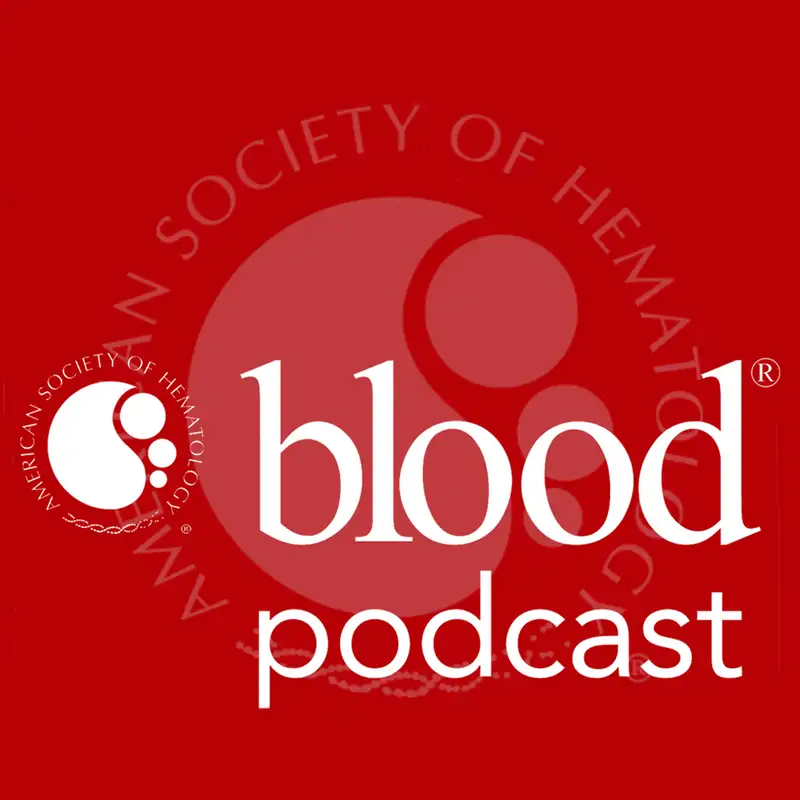
Azacitidine holds promise in VEXAS syndrome; a step forward in precision blood matching; identifying a new vulnerability in TP53-mutated AML
In this week's episode we'll learn about Azacitidine in VEXAS syndrome. Treatment can provide responses in patients with this complex autoinflammatory disorder. But relapse rates were high, so long-term therapy may be required to maintain disease control. After that: A step forward in precision blood matching. High-throughput array genotyping enables extended matching to reduce antibody formation. The results show the potential for reducing harm in regularly transfused patients. Finally, identifying a new vulnerability in TP53-mutated AML. Loss of the tumor suppressor BAP1 defines a unique subtype of TP53-mutated de novo AML. BAP1 loss also confers sensitivity to BCL-xL inhibitors in vivo, opening a new therapeutic avenue.
Featured Articles
Featured Articles
- Efficacy and safety of azacitidine for VEXAS syndrome: a large-scale retrospective study from FRENVEX
- Array genotyping of transfusion-relevant blood cell antigens in 6946 ancestrally diverse study participants
- Loss of BAP1 defines a unique subtype of TP53-mutated de novo AML and confers sensitivity to BCL-xL inhibitors